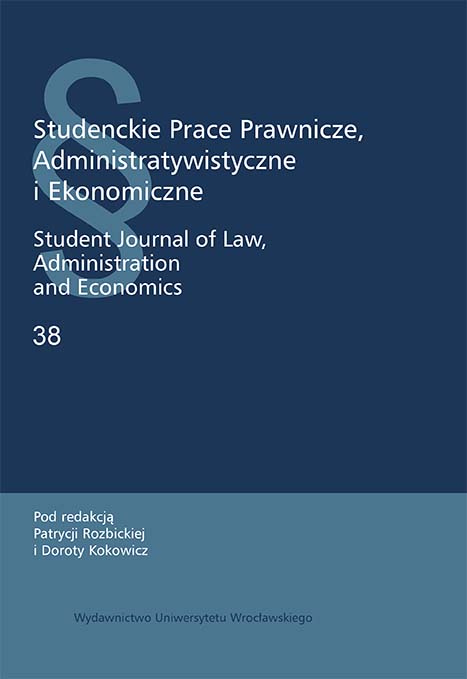

Articles

The article presents the historical roots of regionalism in Italy. The aim of the article is to examine the extent to which historical and political processes have given regionalisms in Italy their proper dynamic. To better understand the concept of regionalism, it is necessary to look at the history of the country as a whole. For centuries, the history of Italy has been a history of different political units, which have fought among themselves for power and have entered into conflicts beyond the borders of the state. There were profound differences in education and pro-state consciousness and, most importantly, in language, culture, mentality and economics. The newly formed state did not develop a sense of belonging to a nation. The turning point in the formation of regional autonomy was the Constitution of the Italian Republic in 1947. Today, there are dozens of right-wing regional organizations fighting for autonomy. The fight for regional separatism is primarily led by the Lega Nord, a political party seeking independence for the northern parts of Italy, the so-called Padania; and in the South, the people of Naples have formed the Lega Sud Ausonia. However, regionalism in Italy can be seen primarily as a socio-cultural movement.